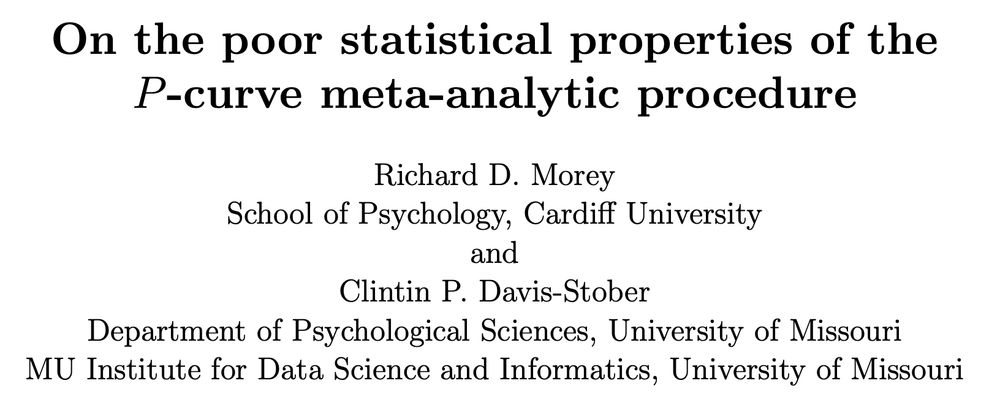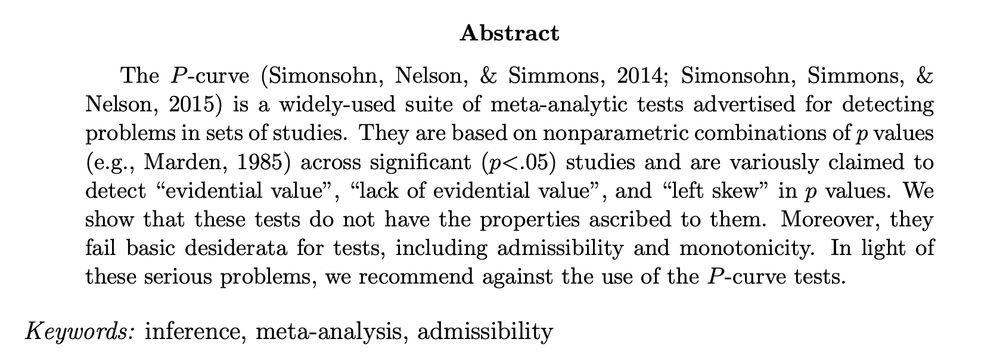Julia Haaf
@juliaha.bsky.social
770 followers
340 following
220 posts
Professor of Psych Methods, Evaluation and Statistics at the University of Potsdam. Bayesian modeling, experimental psychology, and cats. But mainly cats. She/her.
Posts
Media
Videos
Starter Packs
Reposted by Julia Haaf
Reposted by Julia Haaf
Julia Haaf
@juliaha.bsky.social
· Aug 29
Julia Haaf
@juliaha.bsky.social
· Aug 29
Reposted by Julia Haaf
Reposted by Julia Haaf
Arielle Duhaime-Ross
@adrs.bsky.social
· Aug 20
Julia Haaf
@juliaha.bsky.social
· Aug 19
Julia Haaf
@juliaha.bsky.social
· Aug 19
Reposted by Julia Haaf
tamara nopper
@tamaranopper.bsky.social
· Aug 16
Reposted by Julia Haaf
Julia Haaf
@juliaha.bsky.social
· Aug 16
Julia Haaf
@juliaha.bsky.social
· Aug 16
Julia Haaf
@juliaha.bsky.social
· Aug 16
Reposted by Julia Haaf
Julia Haaf
@juliaha.bsky.social
· Aug 9
Julia Haaf
@juliaha.bsky.social
· Aug 8
Reposted by Julia Haaf
Julia Haaf
@juliaha.bsky.social
· Jul 31
Reposted by Julia Haaf
Mary Gillis
@marygillis.bsky.social
· Jul 26







